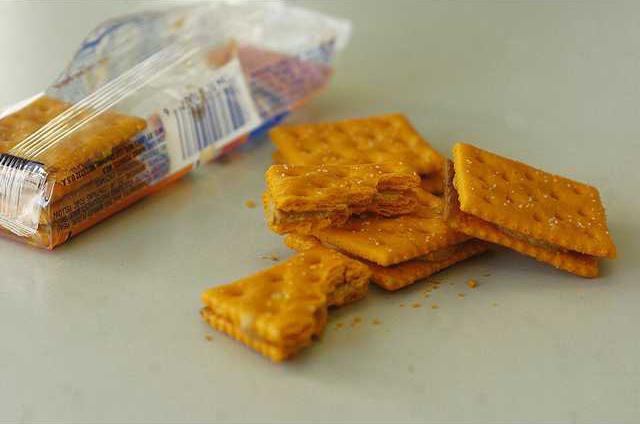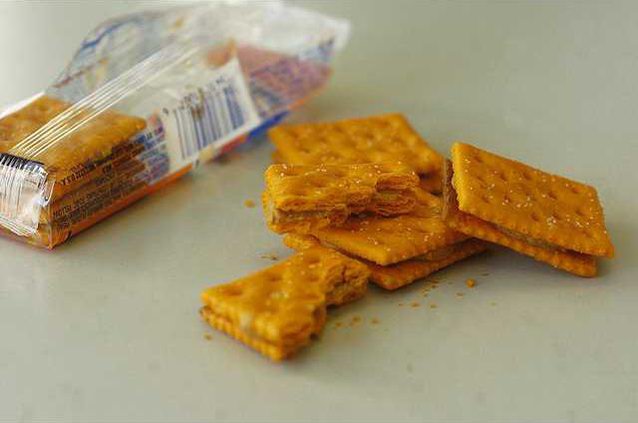The FDA’s growing list of recalled products containing peanut butter connected to a salmonella outbreak is changing daily, and grocers expect more foods to be pulled from shelves as the probe into a Blakely processing plant continues.
Meanwhile, food safety experts say the outbreak traced to the relatively small Peanut Corp. of America illustrates the need for better quality assurance and for major food companies to hold the suppliers of their ingredients to higher standards.
Georgia Agriculture Commissioner Tommy Irvin said Tuesday his office has run 173 tests so far at the Blakely facility to determine the cause of salmonella, which has sickened at least 485 people in 43 states and may have played a role in six deaths.
On Tuesday, new products were added to a recall list compiled by the FDA.
Publix Supermarkets and Kroger both have pulled some food items from its shelves, company officials said.
"Right now, we do have a handful of products we’ve had to pull from the shelves," Publix spokeswoman Shannon Patten said.
Those included Keebler and Little Debbie snack crackers, with new items being pulled on Tuesday, she said.
"We definitely expect additional products may be recalled as the investigation continues, and we will continue to take action," Patten said.
Kroger spokesman Glynn Jenkins said the store has pulled some items in accordance with FDA guidelines, but noted that the store’s Kroger brand foods were made with peanut butter produced at its own facilities and were safe.
Ed Waller, owner of Green’s Grocery in Gainesville, said his store did not stock any of the affected products and would receive e-mail alerts if it did. A spokesman for J&J Foods, which has two locations in Gainesville and one in Dahlonega, said some products sold at its stores had been pulled.
The FDA advises consumers that if they don’t know whether their food contains peanut butter from PCA, they shouldn’t eat it. As recently as last week, the FDA warned consumers against eating any products containing peanut butter, with the exception of peanut butter sold in jars by itself, which is not part of the recall.
Several companies have announced their foods are not contaminated. Lance, which bills itself as the biggest-selling maker of peanut butter crackers, produces its own peanut butter and is not involved in the salmonella investigation, according to a statement released by the company. The Girl Scouts of America also released a statement saying its cookies are safe.
By Tuesday, the number of products containing suspect PCA peanut butter or peanut paste had grown to more than 20.
Michael Doyle, director of the University of Georgia’s Center for Food Safety, said the process of roasting peanuts is supposed to kill any salmonella. But if the contamination occurs after roasting, there is no other process used that would kill the bacteria. Peanut butter would not maintain its consistency if heated to more than 200 degrees.
Doyle said salmonella can live for months in peanut butter, and in the wake of this recall, the affected companies are likely to switch suppliers.
It is the second major salmonella outbreak to originate from a Georgia peanut processor in the last three years. If the latest episode doesn’t prompt processors to revisit their quality assurance measures, "then shame on them," Doyle said.
Doug Powell, an associate professor of food safety at Kansas State University, said the latest outbreak shows that food companies need to look closer at the operations of their suppliers.
"It’s where you get your food from," said Powell, who suspects the outbreak can be blamed on "sloppiness" in the processing of the peanut butter. "Whether you get it from around the corner or around the globe, you’ve got to know your suppliers. And it seems they supplied to a lot."
For now, PCA has ceased all processing operations.
"We deeply regret that this product recall has expanded, and our first priority is to protect the health of our customers," PCA President Stewart Parnell said in a statement.

